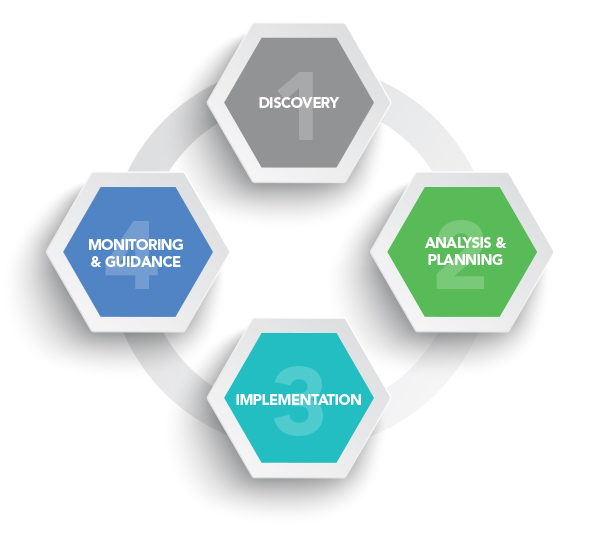

I say it’s an exceptionally volatile asset class. Have your clients asked you about investing in digital assets? If so, what do you tell them?Ībout 10% of my client base has asked about it. īut if you extend your time horizon out multiple years, I think is probably the most effective inflation hedge, though it’s a time frame-related issue and dependent on what a person purchases. Certainly in the last six months, it’s not. However, I think it’s a long-term inflation hedge. If the government wants to have an immediate impact on the economy - like its stimulus payments during COVID, which they sent in check form - imagine if we had a digital dollar and you had a digital wallet: They could immediately pop those funds into your account, and they could even program them to evaporate if they’re not spent within 45 days. I believe they’ll also have the ability to program this money. Well, now they’ll be able to do that via a digital dollar.

We say that the Fed “prints money,” when it really just creates new dollars in a computer program.

There are all kinds of implications to that, including the ability to create money out of thin air. In the U.S., we’re working on a digital dollar. Most every central bank in the world is working on some form of digital currency. THINKADVISOR: What does the future hold for digital assets? He was on the phone from his base in Naples, Florida. ThinkAdvisor interviewed Janson, author of “Stacking the Odds to Win the Loser’s Game,” on July 8. In the interview, Janson also discusses bitcoin ETFs - both pros and cons - and why he thinks Warren Buffett is right to avoid bitcoin. In his capacity as an accredited investment fiduciary analyst, Janson argues that Fidelity’s decision to include digital assets as an investment choice within its 401(k) plans is premature. In our conversation, he points out crypto’s pitfalls and recommends not letting digital assets “grow to be a crazy portion of your portfolio.” He also maintains that crypto is “probably the most effective inflation hedge, though it’s a time-frame-related issue and dependent on what a person purchases,” he says. He also reports on their reactions to investing in these highly volatile assets.Īs the first new asset class in a century and a half, crypto has captured Janson’s interest as a way to diversify portfolios.


 0 kommentar(er)
0 kommentar(er)
